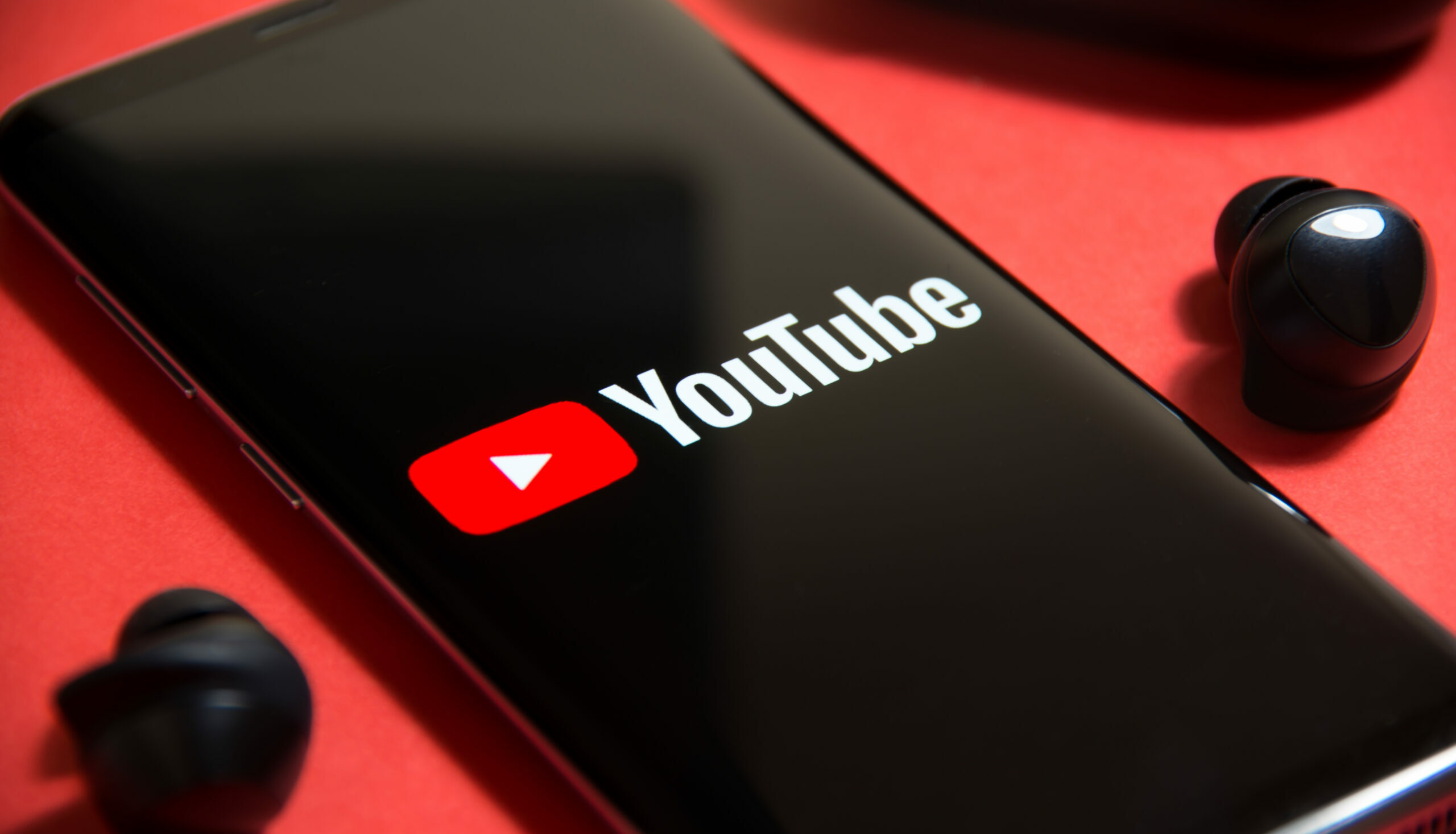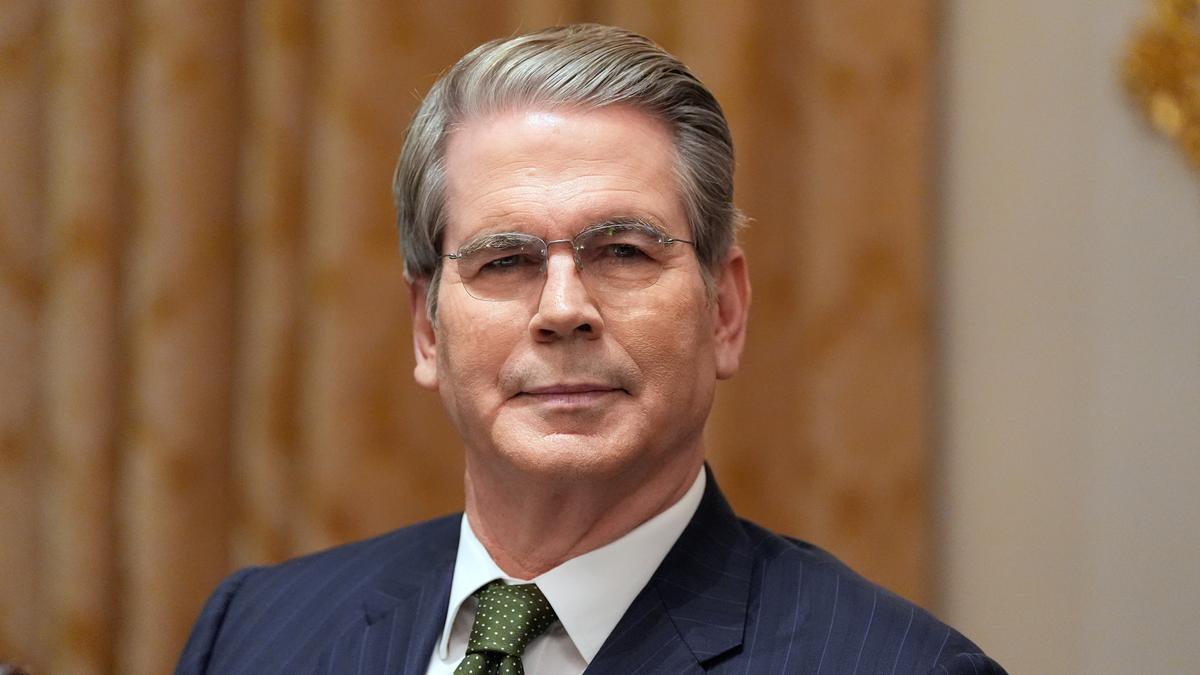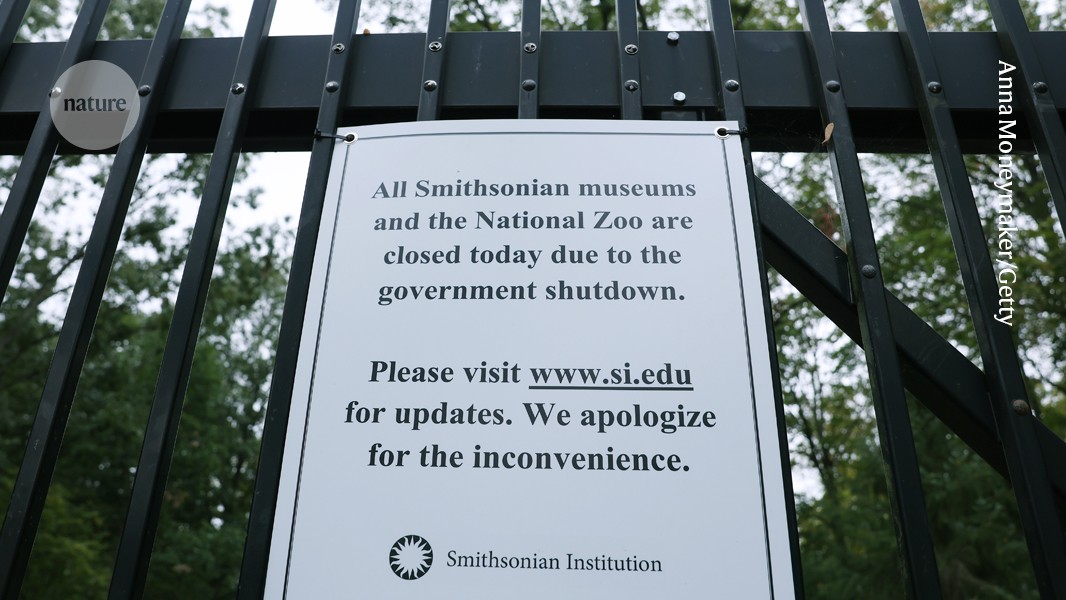AI's Flirty Future: Will ChatGPT Open the Door to Dangerous Erotica?

Imagine a world where your friendly AI not only answers your questions but also engages in steamy conversations. Sounds wild, right? Well, buckle up because OpenAI, the giant behind ChatGPT, is about to dive headfirst into the realm of erotica. This bold move has raised serious eyebrows, with critics warning about the potential mental health risks associated with synthetic intimacy.
The National Center on Sexual Exploitation (NCOSE) has taken a strong stance against OpenAI’s plan to introduce sexually explicit content to its popular chatbot. In a statement, the organization voiced concerns about the lack of protective measures and the possible repercussions on users’ mental health.
OpenAI CEO Sam Altman announced on social media that starting in December, ChatGPT will adopt a more lenient approach to content, including allowing explicit material for verified adults as part of their principle to treat adult users like adults. He explained that the initial restrictions were put in place to prioritize mental well-being, acknowledging that this made the chatbot feel less enjoyable for many users.
“Now that we have new tools to manage serious mental health issues, we are ready to relax the rules for most cases,” Altman stated. This means ChatGPT might soon respond to you with a sprinkle of emoji or even flirt with you as if you were chatting with an old friend—just with a much spicier twist.
However, NCOSE's executive director, Haley McNamara, has expressed deep concern, stating that “sexualized AI chatbots are inherently risky” and could lead to real mental health harms due to a lack of defined safety standards. The organization points to past incidents with other chatbots, where adult content spiraled into discussions of child abuse and violence, illustrating the need for strict safeguards.
In response to the backlash, Altman emphasized the importance of prioritizing user safety, particularly for teenagers, insisting that they are not loosening policies related to mental health. He acknowledged that the conversation regarding erotica took off more than he anticipated, but insisted this was merely one aspect of a broader movement toward granting adult users more freedom.
NCOSE, known for combating all forms of sexual exploitation, is urging OpenAI to reconsider introducing erotica into ChatGPT, advocating instead for a focus on creating positive content that benefits humanity.
As the conversation unfolds, the tech world watches closely. Will OpenAI’s steps toward a more liberated ChatGPT ultimately benefit users, or are we opening a Pandora's box of issues we aren’t prepared to handle?

























